Thanh Hoai Thanh: The hottest teacher on social media, whose name was called out by VTV, suspected to be Ms. Wheelchair Vlog?
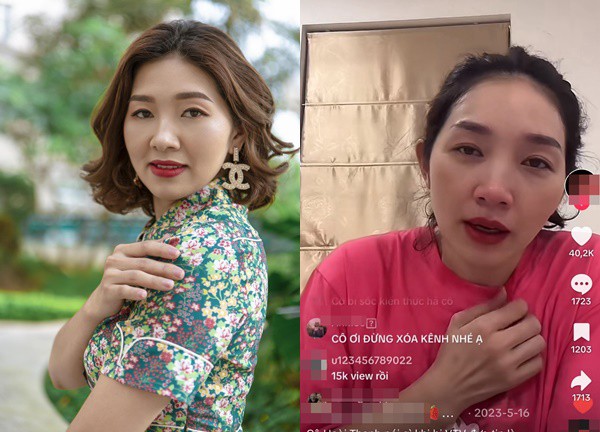
2 | 1 Discuss | Share
In ancient times, to select talented people, feudal exams were considered fierce "arenas". In movies, baccalaureate is used to call young men and scholars. So what is the meaning of "baccalaureate"?
In Chinese historical dramas, we often see some young scholars called baccalaureates. The term "baccalaureate" originated during the Spring and Autumn Warring States period, and was originally a title for people with outstanding talent.
Studying and taking exams are great careers in a person's life. Ancient people believed that if you want to be a kind, merciful person and know how to respect morality, you must study, and if you want to become famous, you must take exams. Since the Han Dynasty, baccalaureates have become candidates for official positions, however, most baccalaureates at that time came from noble families, and it was really difficult for ordinary people to be recommended. However, this does not hinder the development of the baccalaureate.
During the Sui and Tang dynasties, the establishment of the imperial examination system led to an unprecedented level of baccalaureate status. The exam is divided into "three courses and nine grades", the baccalaureate ranks first in the academic department and has the highest status. After passing the baccalaureate exam, you can become an official. This makes the baccalaureate a goal pursued by intellectuals.
However, with the continuous adjustment of the imperial examination system, baccalaureate has become the most basic level. If you want to participate in the higher-level imperial exam to compete for the poinsettia-eye-catching-flower-detection prize, you must first become a baccalaureate. During this period, baccalaureate students must not only have rich knowledge but also have good moral character and a sense of social responsibility. They have a high status in society and are respected by everyone.
The royal examination system broke the monopoly of aristocratic families in selecting officials, creating opportunities for many ordinary people to change their destiny through educational efforts.
The Baccalaureate has undergone many developments in Chinese history, from the original honorific title for talented people to the most basic level in later imperial examinations. The title of baccalaureate always accompanies the growth and development of the elite intellectual class. They used their intelligence and talents to make great contributions to social progress and became an important part of Chinese history.
Baccalaureate in ancient times can be said to be a treasure in the imperial examination system. The exams are so rigorous and the selection so meticulous that they can be compared with the admission standards of modern key universities.
In the beginning, the exam rules were not stable. After that, with the development of education and examinations, examination rules became more and more organized and structured. However, the regulation on how many years to hold an exam is not uniform, depending on each specific dynasty.
During the Ming and Qing dynasties, competition in imperial examinations was particularly fierce, with hundreds of thousands of baccalaureate competing for only 20,000 places, causing the matriculation rate of baccalaureates throughout China to be lower at that time. a lot more than before.
Compared to modern high school students who only need to learn three years of textbook knowledge, the baccalaureate's learning path is a long and arduous one. What they had to study was not only a selection of classics and historical works but also astronomy, geography and various schools of thought. This profound knowledge requires repeated reading and research to fully understand.
In ancient times, baccalaureates had a high status in society. They are not only disseminators of knowledge but also moral role models. Locally, they hold teaching positions and transmit their knowledge to the next generation, so they are highly respected. This is similar to the modern teaching profession. From this perspective, we can compare baccalaureate with master's degree holders today.
However, ancient imperial exams had extremely high requirements for literary talent and writing skills. This is why baccalaureates must read large quantities of ancient texts and study writing techniques in depth.
During the Ming and Qing dynasties, the average age of a successful baccalaureate was about 24. Considering the amount and difficulty of knowledge they needed to master, this number could almost be said to be a miracle. . In contrast, modern college entrance exams focus more on applying textbook knowledge and the ability to solve objective problems without placing much emphasis on literary achievements.
It is worth mentioning that ancient baccalaureates needed to delve into Confucian classics when preparing for the exam. This in-depth study of a certain field of knowledge is similar to later education. modern university. So we can even compare the ancient baccalaureate with high-level specialists with a doctorate.
In short, baccalaureates are definitely outstanding talents selected from hundreds of thousands of people. Their efforts and knowledge, in some ways, surpass those of modern university students. Therefore, they occupied a key position in the political system of that time.
Dr. Doan Huong implicitly defended wheelchairs in Vlog, asking fans to sympathize and ignore it  Keng14:37:41 18/01/2024Doctor of Science Doan Huong commented that Tiktoker Vu Minh Lam's incident was not too serious. According to Ms. Huong, the root cause stems from Mr. Lam's inferiority complex.
Keng14:37:41 18/01/2024Doctor of Science Doan Huong commented that Tiktoker Vu Minh Lam's incident was not too serious. According to Ms. Huong, the root cause stems from Mr. Lam's inferiority complex.

2 | 1 Discuss | Share

1 | 1 Discuss | Share

2 | 1 Discuss | Share
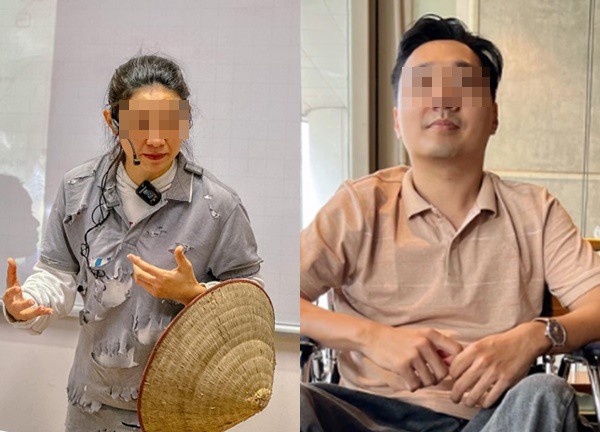
15 | 3 Discuss | Share
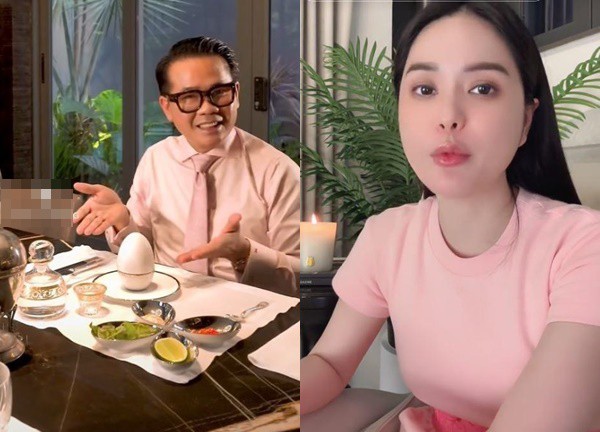
7 | 1 Discuss | Share

0 | 1 Discuss | Share

3 | 1 Discuss | Share
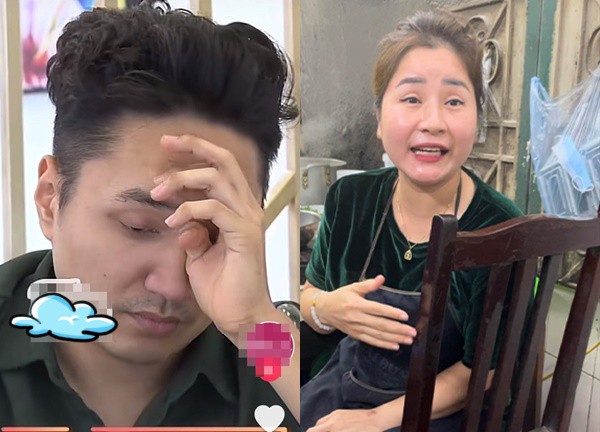
1 | 1 Discuss | Share
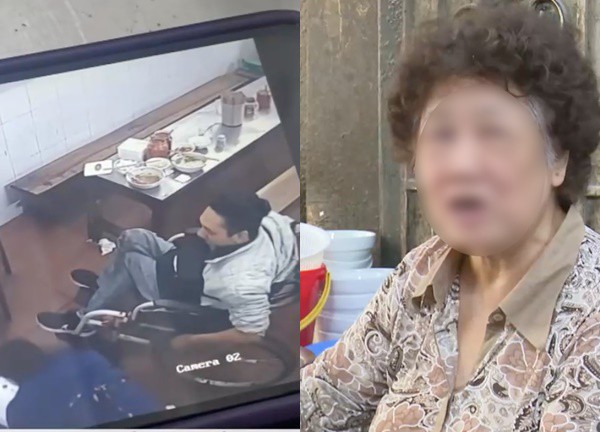
4 | 1 Discuss | Share
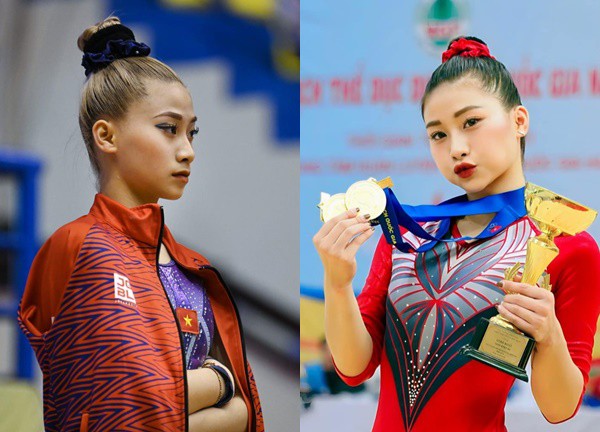
5 | 1 Discuss | Share
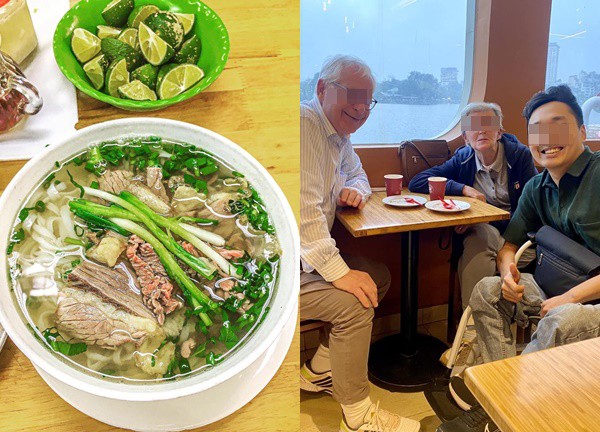
2 | 1 Discuss | Share

2 | 1 Discuss | Share


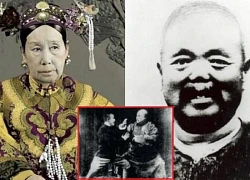
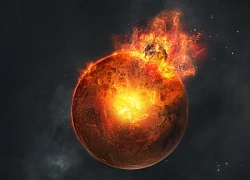
1 | 1 Discuss | Report